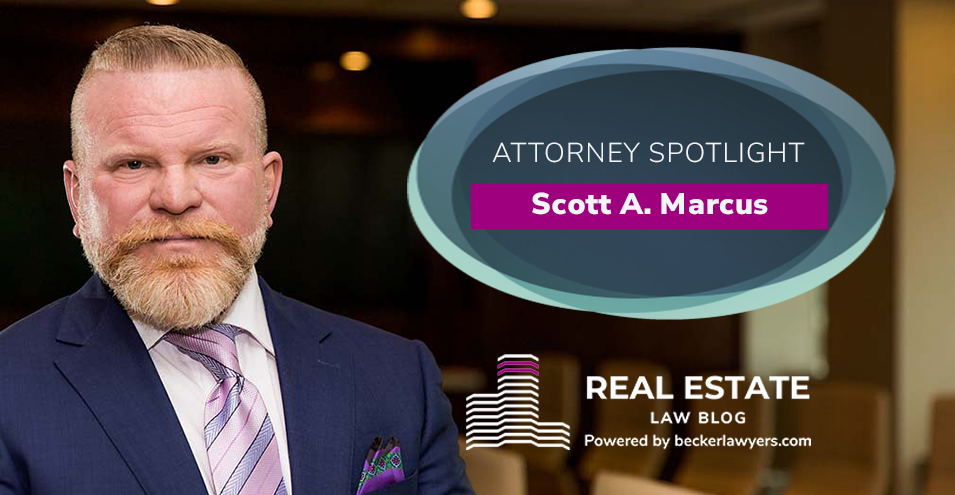
Questions Potential Buyers Should Consider When Buying an Investment Property During the Coronavirus Pandemic
Spring is traditionally the hottest time of the year for real estate. Inventory typically spikes as many sellers put their properties for sale. Buyers enter the market knowing that inventory is increasing.
But that has changed some this year with the coronavirus in full effect. The economy came to a stop with numerous “stay at home” orders. Employment has been dramatically impacted and everyone is grappling with the social norms of the “new normal.”
Nonetheless, as the adage goes, the more things change the more they stay the same. Here are four questions potential buyers should always consider before purchasing an investment property even with a global pandemic raging across society.
1. 1. What are your financial goals? You should create rules to help stay focused. For instance, are you looking to make money by way of monthly rent checks, or is this a long-term appreciation investment where you look to cash out upon the sale of the property in a few years? These rules should be tailored to the buyer’s short, and long, term goals. You should also set clear objectives as it relates to the amount of time and money you are willing to invest to improve the property. These issues should be clarified and formulated into an individual road map that will help you evaluate your objectives before you even enter the marketplace. You should also not deviate from your criteria for deal-breakers in any investment property you are considering. Stick with your plan and do not deviate from it once you enter the marketplace.
2. 2. Can you afford the extra expenses? You should create a reserve fund in anticipation of purchasing a new property. Buyers are reminded that there are normally many expenses including taxes, association dues, management, maintenance, and repairs. Furthermore, for tax purposes, buyers should keep their personal and investment accounts separate. As with the purchase of any property, there is always the prospect of hidden expenses that the buyer did not anticipate at the time of purchase. Therefore, make sure you have funds on hand to address these issues as they are incurred.
3. 3. Which real estate market is right for you? Although some experts recommend buying in up-and-coming locations, others believe a “good deal” leads to a better return. The buyer should look beyond their own zip code and research all their options, from foreclosures to pre-construction, to find the property that will produce the best income as defined by the buyer’s financial goals set forth in number one above.
4. 4. Are your finances and credit in good shape? Most rental mortgages require a larger down payment than the purchase of a primary home. Buyers should look to see if they qualify for an FHA loan and if not, start reviewing their financial information to secure a standard mortgage loan.




No Comments